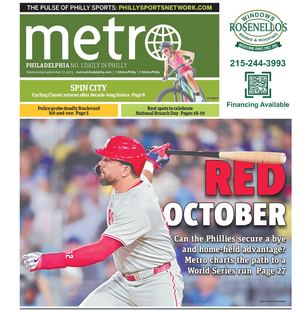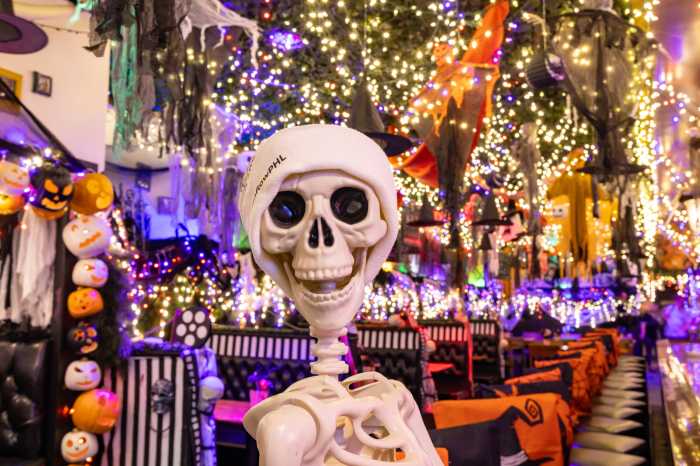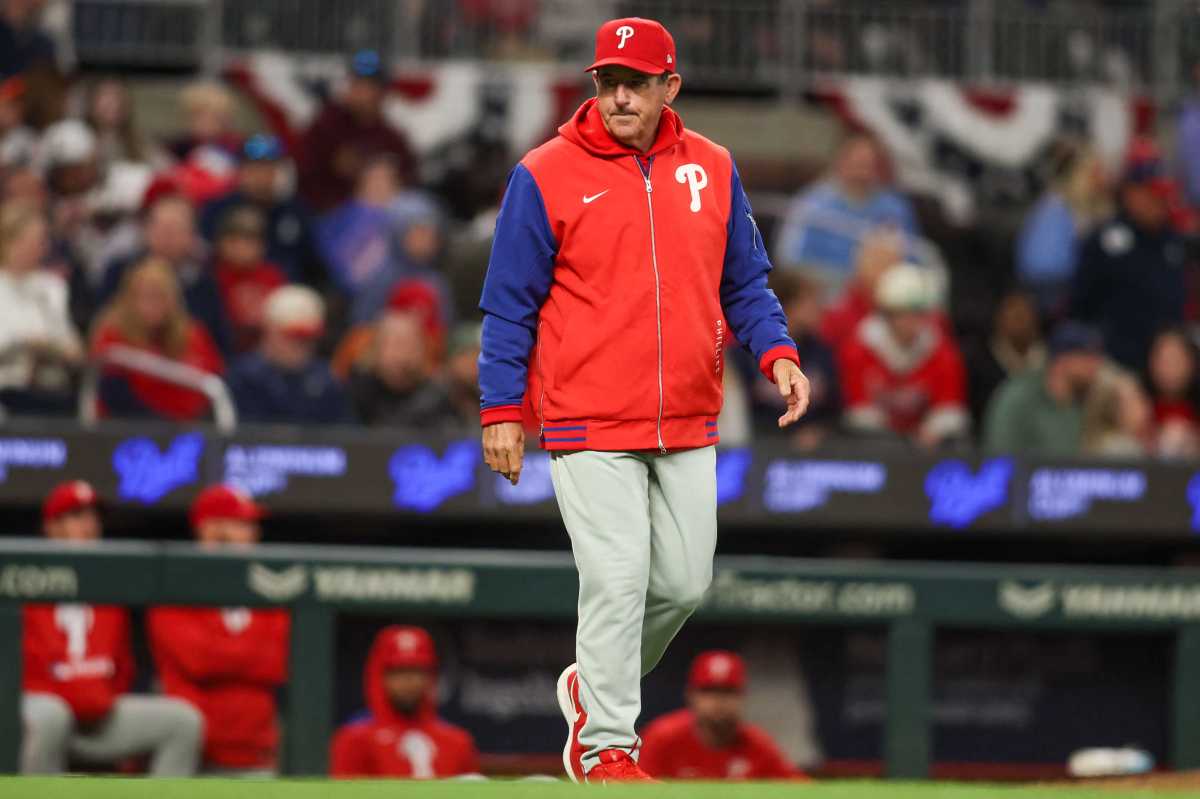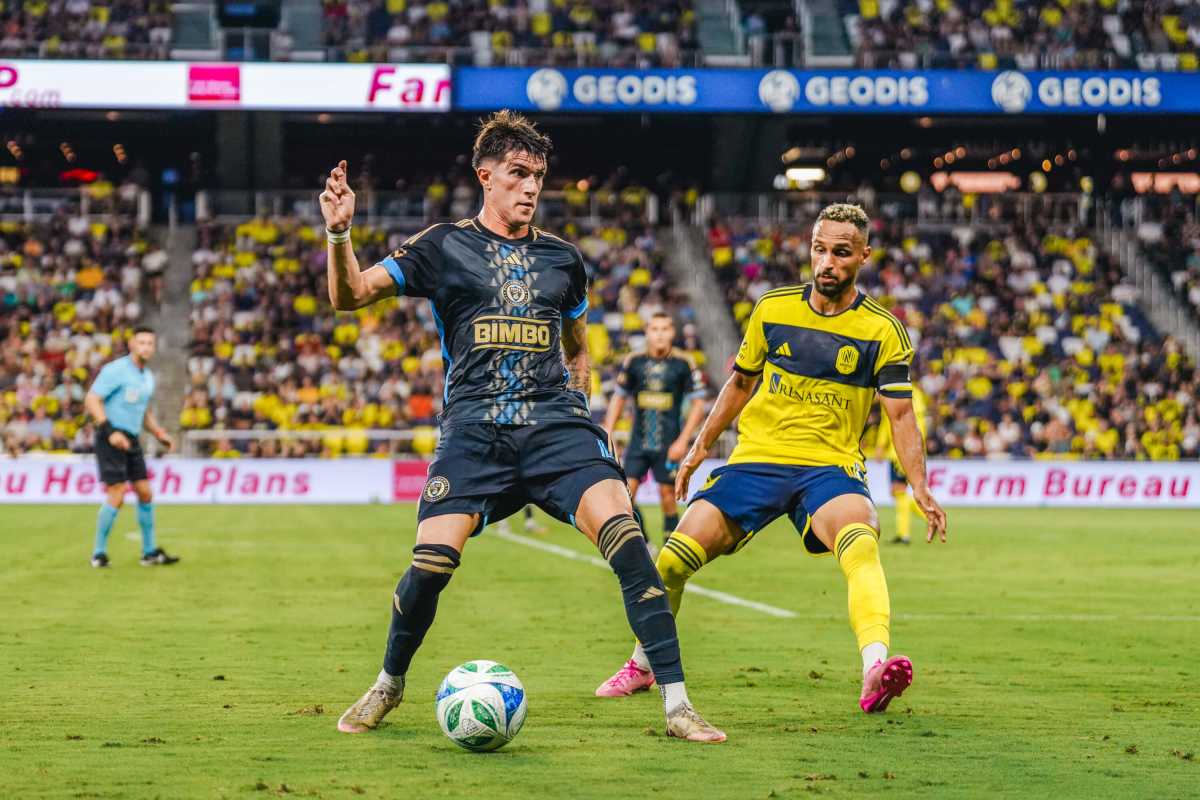Ahead of the band’s upcoming performance at the Keswick Theater, Travis frontman Fran Healy sat down with Metro to discuss the band’s most recent album, ‘L.A. Times’, their creative process as innovators, and the experience of live music.
Your latest album, ‘L.A. Times’ — can you break down its inspiration?
It was me venting about LA and having lived there for eight years. And just like I was like, ‘That’s enough, [I] can’t take any more.’ The whole album was written while I lived in LA, and song-wise, I would say there’s a bit of everything. There’s a lot of reflection and a lot of looking back. But, honestly, [when] writing songs, your entire experience kind of comes out in a song. If you’re writing in a proper way, which is just like digging until you find something, you bring it to the surface, and it starts to become something.
The first song is me looking back to Glasgow, waiting on a bus, and then this metaphor of a bus being like life, your kind of mortality. It’s a bit deep, but I’m thinking about it. I’m 51, I’m a father. So I’m thinking about stuff like that. Song two is called ‘Raze The Bar,’ which is about this brilliant bar in New York. It’s got nothing to do with LA, but I think living in LA has made me really long for everything outside of LA. So I’m thinking about New York and the third song, it’s a breakup song, looking at my relationship with my ex, looking at my relationship with my son.
And then the fourth song is ‘Gaslight,’ which is just a song about being gaslit for quite a while and getting emancipation, that sort of thing, fighting back against those a–holes. I think there’s been a lot of the tectonic movement in my life, emotional plates moving big, big, big things happening, people dying, people leaving, weeding the garden, so to speak, and then coming out the other side of it and this record sort of chronicles all of that sort of movement.
You’ve said that for you, the process is not to write songs for charts but to write based on life. Can you delve into that a bit?
Every song [I’ve ever written] is about something. There’s about 5% of our business that, I would say, innovates. And I think a lot of music, that 95% of music in the charts, is that other type of music. When Travis got massive, like no one even knew we existed, and then suddenly, the next year, we were so different than everything else that everything else had to change to fit in with us. So you find all these bands suddenly sounding like you. We were part of the 5% that just does its thing and, just by chance, became popular, and then the whole business then goes, Oh, we gotta sound like this because this is popular.
So they all follow; it’s like the flock follows whatever it is. And so I’ve never stopped writing like that. So when we’re suddenly very popular, then suddenly The Strokes come along, I’m not going to suddenly sound like The Strokes just to be popular. That just so goes against the grain of what I’m about. We’re not that kind of band. But again, bands that I love are bands like us that are the 5% bands that just cut their own; they cut their own [teeth]. And I think it’s maybe a little bit more interesting than someone who or a writer who is constantly just trying to stay in fashion…
When we parted company with our manager of 25 years, I had a meeting with a friend of mine who’s a strategist, and he’s a brilliant guy. He’s headhunted by Google, and all these big companies have worked with him. He’s really nice and smart and sparky. And he just sat us down. He’s like, ‘I’ve checked all your sh-t. You seem to have sort of lost your way a little bit.’ And I was like, ‘Yeah,’ and this is, like, four years ago, and he’s going, all you have to do is just get back to your core values and then, but first, you’ve got to find out what those core values are.
So, after a big sort of brain jam. We were just all sat sort of brainstorming. We decided that our core is like, authenticity is one big thing for us. Just be who you are, no matter what that is. Two, art because we all went to art school. We’re an art school band. And three mischief. I’m not so cheeky in real life. I can be, but I’m much more so on the stage… And so we decided that everything we put out has to have those three things in it. And there’s a fourth thing, which is storytelling. It’s a big part of what we do. And the live shows really encapsulated all of those elements together.
This seems to parallel a lyric by My Morning Jacket from the song ‘Wordless Chorus,’ which says “We are the innovators, they are the imitators. ” Does it seem to be that same type of idea?
That’s the perfect comparison, yeah, Jim [James] is amazing.
What can fans coming to see Travis expect, and why should they be excited?
Let’s talk about My Morning Jacket for a second and not talk about Travis as an example. You listen to ‘Z’ (the album that features ‘Wordless Chorus’), if you listen to it, and that’s the band in a studio playing as much live, hopefully as possible, and then you turn it up on your stereo, and to get the heavy guitars louder, to get the experience that’s like 1% of of the band you’re getting.
In order to completely get that band, you have to go and see them live. You have to go and stand at the feet of Jim James and hear his roar, watch the guitar, just see the way the guitarist runs across the stage. And that’s where music really resides. I mean, it really is. Seeing a band live is, that’s it. You get the whole DNA of everything and albums, not to knock albums, because albums are art pieces in themselves, but if you really want to get into a band or understand the band.
[Travis is] very artistic. We’re very silly up front, not silly, but entertaining on stage and we’re serious as well. And have quite a lot to say. But it’s cool, it’s just real. And it’s, there’s no backing tracks or anything, and it’s like four guys just f–king hitting their s–t out their instruments and making something out of it.
Catch ‘Travis’ at the Keswick Theater on Tuesday, Feb. 18, for more information, visit keswicktheatre.com





























